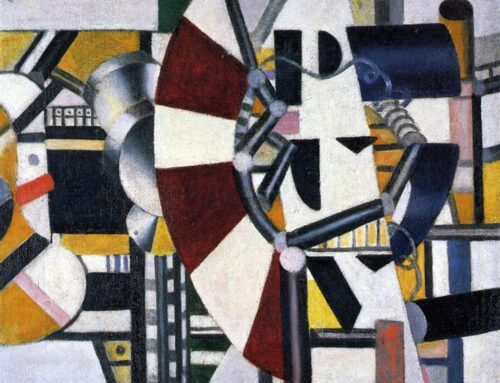A second Troy: mourning loss and keeping hope with the humanities.
A Civilization is very like a man or a woman, for it comes in but a few years into its beauty and its strength, and then, while many years go by, it gathers and makes order about it, the strength and beauty going out of it the while, until in the end it lies there with its limbs straightened out and a clean linen cloth folded upon it. That may well be, and yet we need not follow among the moumers, for it may be before they are at the tomb, a messenger will run out of the hills and touch the pale lips with a red ember, and wake the limbs to the disorder and the tumult that is life. Though he does not come, even so we will keep from among the mourners and hold some cheerful conversation among ourselves; for has not Virgil, a knowledgeable man and a wizard, foretold that other Argonauts shall row between cliff and cliff, and other fair-haired Achoeans sack another Troy.
William Butler Yeats, Samhain, December 1904; cited by A. Norman Jeffares, “Yeats’s “The Gyres”: Sources and Symbolism,” Huntington Library Quarterly 15, no. 1 (1951): 87-97.






Leave A Comment